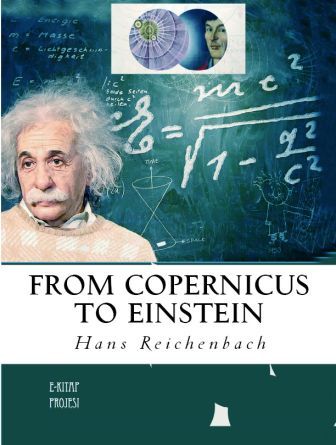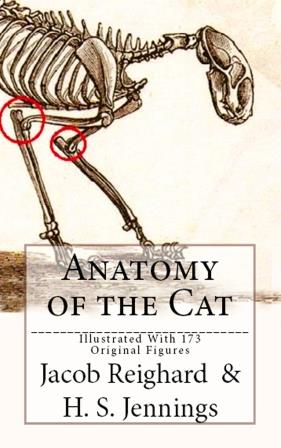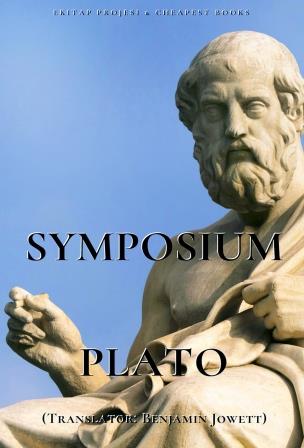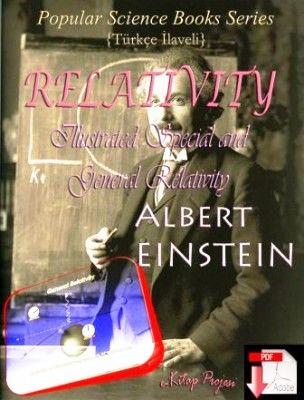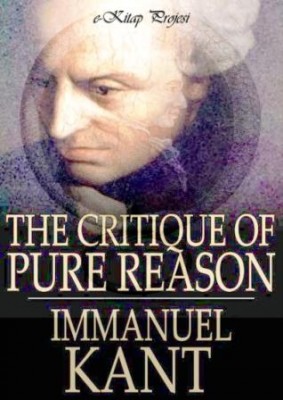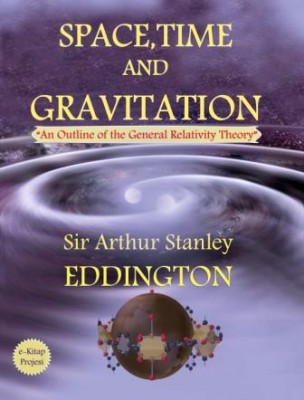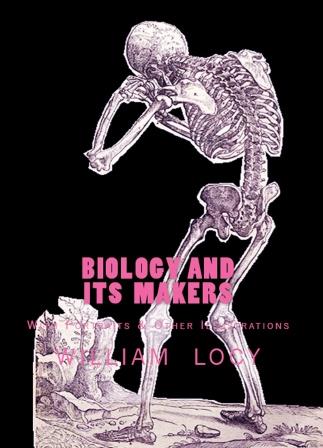More Search Results...
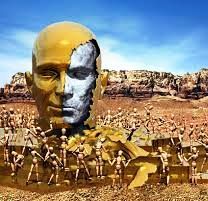
From Copernicus to Einstein
THIS little book purports to serve as an introduction to the great problems of space, time and motion. The inquiries it is concerned with are very old. Men have been forming ideas concerning space and time since times immemorial, and curiously enough, have been writing and fighting about these things with the greatest interest, even fanaticism.
More info →Anatomy of the Cat
ALTHOUGH the cat has long been in common use for the practical study of mammalian anatomy, a clear, correct, not too voluminous account of its structure, such as should be in the hands of students in the laboratory, has remained a desideratum. A number of works have been published on the cat, some of them of much value, yet there is none which fulfils exactly the conditions mentioned.
More info →Life and Habit
One more point deserves notice. Butler often refers in “Life and Habit” to Darwin’s “Variations of Animals and Plants under Domestication.” When he does so it is always under the name “Plants and Animals.” More often still he refers to Darwin’s “Origin of Species by means Natural Selection,” terming it at one time “Origin of Species” and at another “Natural Selection,” sometimes, as on p. 278, using both names within a few lines of each other. Butler was as a rule scrupulously careful about quotations, and I can offer no explanation of this curious confusion of titles.
More info →Symposium
The Symposium is a philosophical text by Plato dated c. 385-370 BC. It depicts a friendly contest of extemporaneous speeches given by a group of notable men attending a banquet. The men include the philosopher Socrates, the general and political figure Alcibiades, and the comic playwright Aristophanes.
More info →Great Astronomers (Nicolaus Copernicus)
Copernicus, the astronomer, whose discoveries make him the great predecessor of Kepler and Newton, did not come from a noble family, as certain other early astronomers have done, for his father was a tradesman. Chroniclers are, however, careful to tell us that one of his uncles was a bishop. We are not acquainted with any of those details of his childhood or youth which are often of such interest in other cases where men have risen to exalted fame.
More info →Relativity
Near the beginning of his career, Einstein thought that Newtonian mechanics was no longer enough to reconcile the laws of classical mechanics with the laws of the electromagnetic field. This led to the development of his special theory of relativity. He realized, however, that the principle of relativity could also be extended to gravitational fields, and with his subsequent theory of gravitation in 1916, he published a paper on the general theory of relativity. He continued to deal with problems of statistical mechanics and quantum theory, which led to his explanations of particle theory and the motion of molecules. He also investigated the thermal properties of light which laid the foundation of the photon theory of light. In 1917, Einstein applied the general theory of relativity to model the large-scale structure of the universe.
More info →The Critique of Pure Reason
Human reason, in one sphere of its cognition, is called upon to consider questions, which it cannot decline, as they are presented by its own nature, but which it cannot answer, as they transcend every faculty of the mind.
It falls into this difficulty without any fault of its own. It begins with principles, which cannot be dispensed with in the field of experience, and the truth and sufficiency of which are, at the same time, insured by experience. With these principles it rises, in obedience to the laws of its own nature, to ever higher and more remote conditions.
Space, Time and Gravitation: “An Outline of the General Relativity Theory”
Einstein has succeeded in separating far more completely than hitherto the share of the observer and the share of external nature in the things we see happen. The perception of an object by an observer depends on his own situation and circumstances; for example, distance will make it appear smaller and dimmer. We make allowance for this almost unconsciously in interpreting what we see. But it now appears that the allowance made for the motion of the observer has hitherto been too crude|a fact overlooked because in practice all observers share nearly the same motion, that of the earth. Physical space and time are found to be closely bound up with this motion of the observer; and only an amorphous combination of the two is left inherent in the external world. When space and time are relegated to their proper source|the observer|the world of nature which remains appears strangely unfamiliar; but it is in reality simplified, and the underlying unity of the principal phenomena is now clearly revealed.
More info →Handbook of Chemical Analysis: “For Practical Men”
THIS little Hand-book is intended to supply manufacturing chemists, dyers, drysalters, druggists, brokers, and all persons interested in the chemical arts, with directions for the assay and valuation of those articles of commerce which come into their hands. For this purpose the best and simplest methods have been selected, and stated, it is hoped, with the needful clearness.
More info →Biology and Its Makers
The book is divided into two sections the first are considered the sources of the ideas except those of organic evolution that dominate biology and the steps by which they have been molded into a unified science. The trine of Organic Evolution on account of its importance is reserved for special consideration in the second section.
More info →

























